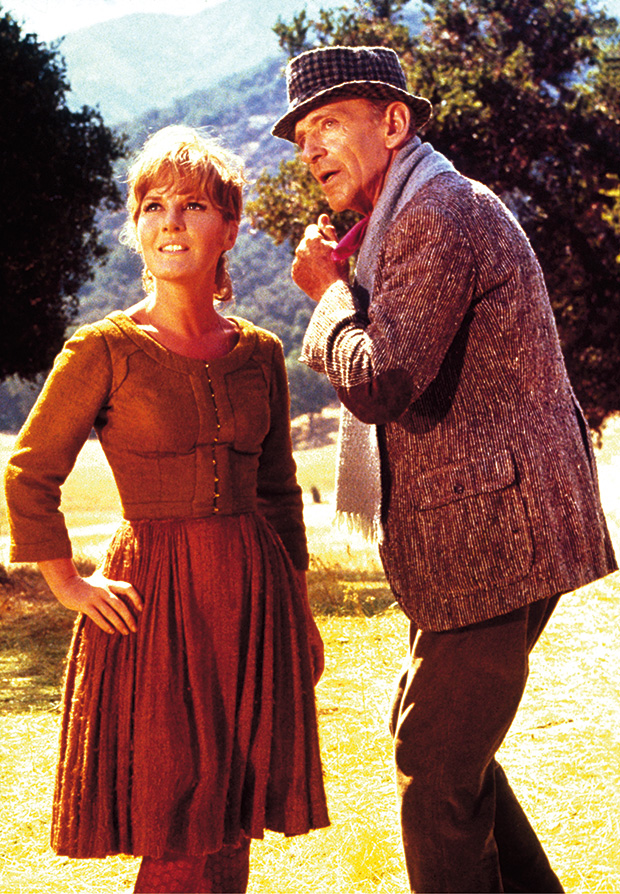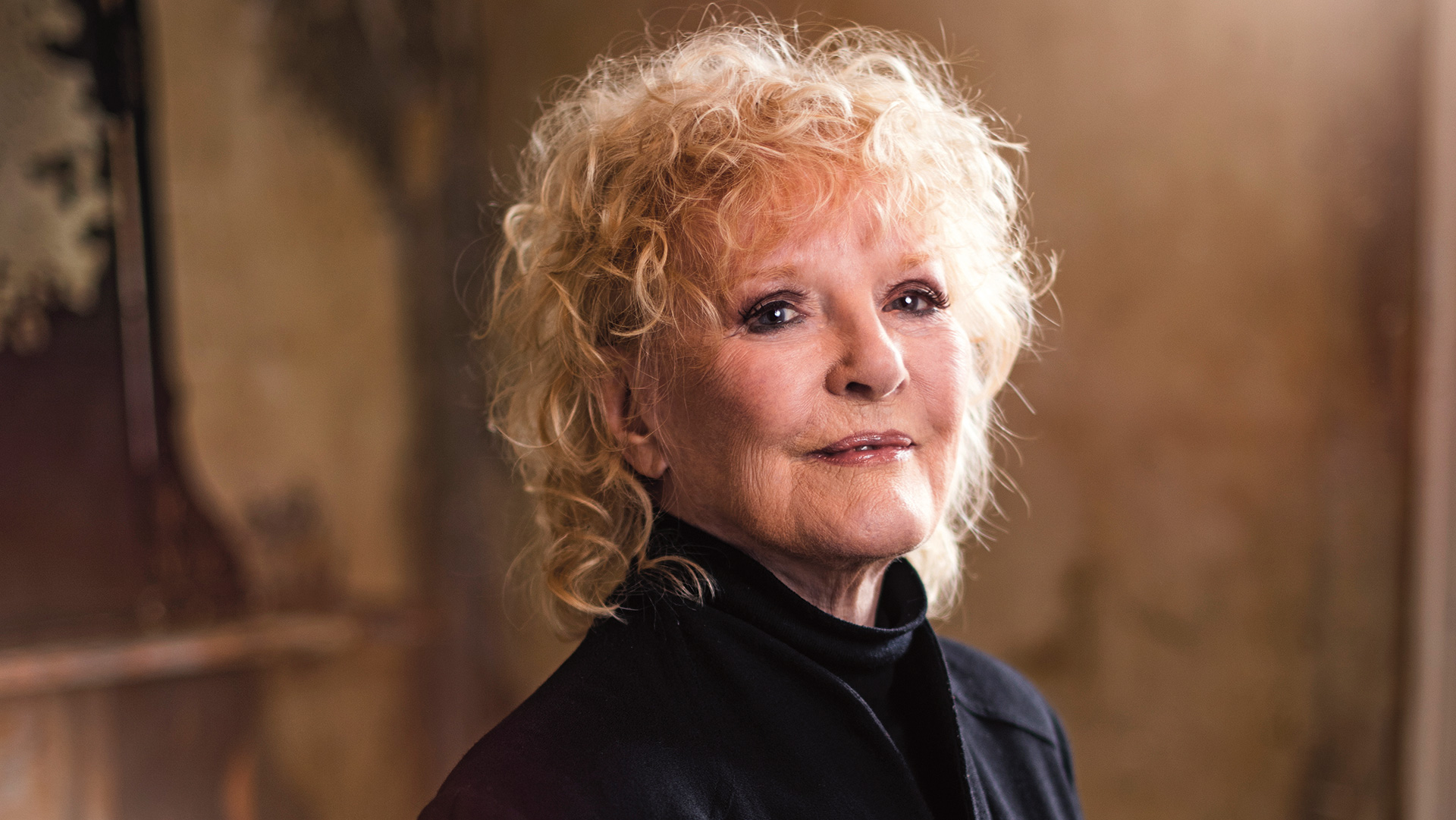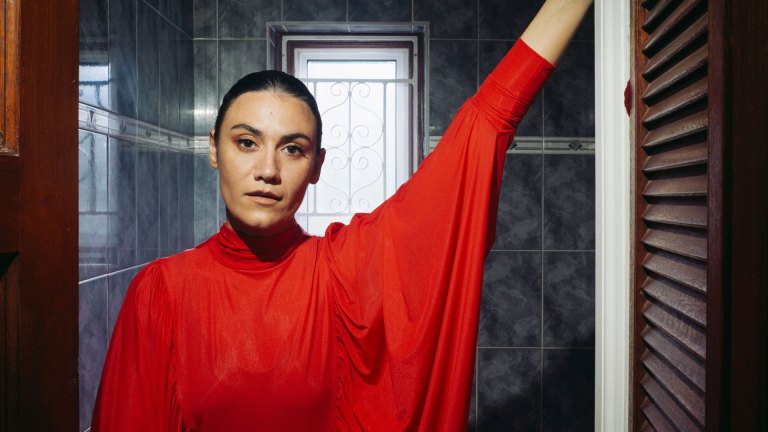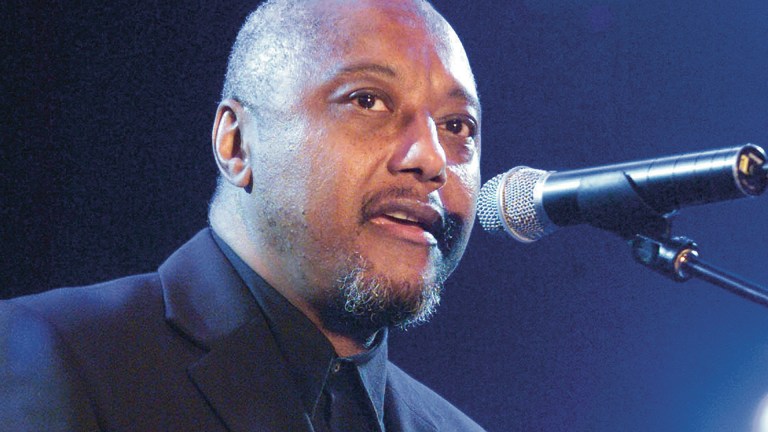At 16 I was already something of a star and quite a lonely teenager. Rank [The Rank Organisation, Britain’s most powerful film studio at the time] was quite strict and so was my father – he didn’t want me to be spoiled and he didn’t want me to ‘get into trouble’.
I wasn’t allowed to go out with boys or wear certain clothes, all the normal things teenagers want and need to do. I didn’t have a lot of friends; my only friend was my stand-in. My schooling was pretty much nothing. The kids at school were probably half jealous but they also thought it was funny because I was so terrible at school because I was hardly ever there. There was no romance in my life. Diana Dors was around the same time as me and she was this great sex goddess, which I wasn’t. She was getting all the boys. I was just the brave little soldier, getting on with my job.

At 16 I was actually getting too old for my career with Rank. They liked me better as a child, they weren’t so keen on adolescence. My boobs were bound up so I looked younger. The public wanted me to stay young, as if seeing their little Pet get older was like watching their own youth disappearing. During the war, for many people, it was a very special time in their lives and I was part of that. Seeing me grow up was saying goodbye to that special time. But it was difficult for me, it meant I had no way of expressing my emotions.
When I sang something with more meaning or sophistication, like Peggy Lee’s When the World was Young – my goodness, there was a real mini-revolution. The BBC got letters saying why is she doing that? It was a sign of me growing up and they didn’t like it.
If you want to be a great mum and a great wife, that’s pretty much a full-time job
If I met the 16-year-old me now I’d think she was very shy, not very sure of herself. I’m still like that. Thank God I had a great sense of humour, I laughed a lot. The younger me would find the way my life has gone since then very hard to believe. If I told her one day she’ll meet her idol Ingrid Bergman and sing with Peggy Lee, she’d be beside herself.
The fuss around Harry Belafonte and me [their TV duet on Clark’s NBC show in 1968 was the first time a black man and a white woman touched on American TV] seemed a storm in a tea cup to me. Growing up, I wasn’t aware of discrimination at all. I’d done a BBC radio series with Edric Connor, a wonderful black singer. My musical director in America was black. When they asked me who I wanted on the show I immediately said Harry Belafonte because I thought he was great. I was delighted he accepted and we got on very well. It was just the natural thing to do, to hold his arm at that moment in the song. The sponsor made this ridiculous fuss and wanted to cut the scene. But there was no way I was going to be pushed around by him. I just thought, no, the song is better this way. And that was that. I saw Harry not long ago in Dublin. He remembers it all very well. I think it was very important for him. There’s still great affection between us. That experience kind of bonded us I suppose.









